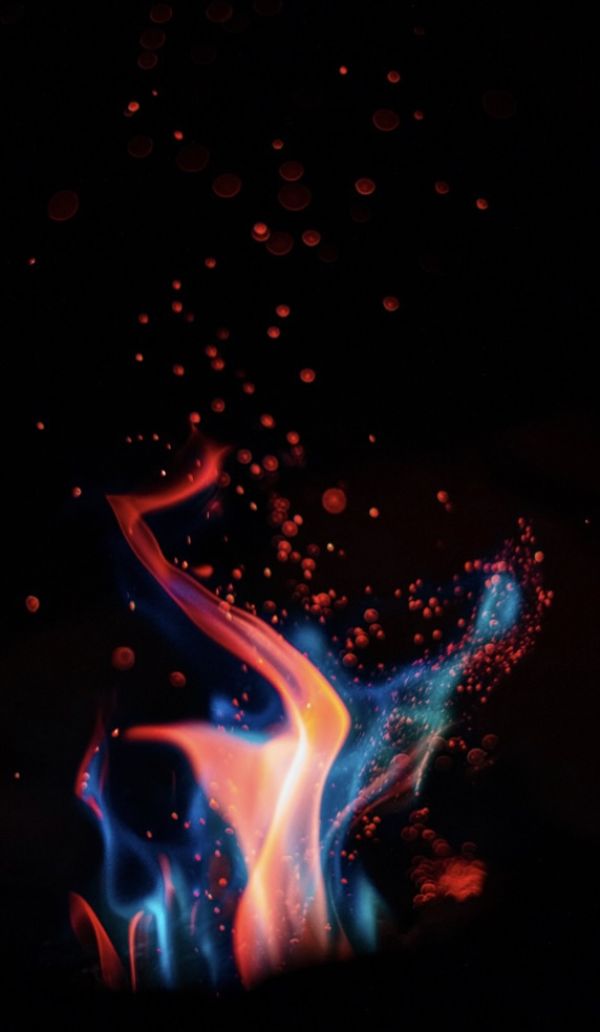Getting lost, for the transformation
(Mt 13:10-17)
St Paul expresses the sense of the "mystery of blindness" that contrasts him on the way with the famous expression «thorn in the side»: wherever he went, the enemies were ready; and unexpected disagreements.
This is also the case for us: fateful events, catastrophes, emergencies, the disintegration of old reassuring certainties - all external and swampy; until recently assessed with a sense of permanence.
Perhaps in the course of our existence, we have already realized that misunderstandings have been the best ways to reactivate ourselves, and introduce the energies of renewed Life.
These are those resources or situations that perhaps we would never have imagined allies of our own and others' realisation.
Says Erich Fromm:
«To live means to be born in every moment. Death is produced when one ceases to be born. Birth is therefore not an act; it is an uninterrupted process. The purpose of life is to be born fully, but the tragedy is that most of us die before we are truly born».
In fact, in the climate of unrest or absurd divergences [which oblige us to regenerate] sometimes appear out the most neglected intimate virtues.
New energies - looking for space - and external powers. Both malleable; unusual, unimaginable, heterodox.
But they find solutions, the real way out of our problems; the path to a future that is not a simple rearrangement of the previous situation, or how we imagined "it should have been and done".
Once a cycle is over, we begin a new phase; perhaps with greater rectitude and frankness - brighter and more natural, humanizing, close to the 'divine'.
Genuine and engaging contact with our deep states of being is acutely generated by detachments.
They bring us into dynamic dialogue with the eternal reservoirs of transmuting forces that inhabit us, and belong to us most.
Primordial experience that reaches straight to the heart.
Within us such a way “fishes” the creative, floating, unprecedented option.
In this way, the Lord conveys and opens up his proposal using ‘images’.
Arrow of Mystery that goes beyond the fragments of consciousness, culture, procedures, and of what is common.
For a knowledge of oneself and the world that goes beyond that of history and the news; for active awareness of other contents.
Until labour and chaos itself guide the soul and force it to Another beginning, to a different gaze (all shifted), to an unprecedented understanding of ourselves and the world.
Well, the transformation of the universe cannot be the result of a cerebral or dirigiste teaching; rather, of a narrative exploration - which does not take people away from themselves.
And Jesus knows it.
[Thursday 16th wk. in O.T. July 24, 2025]












